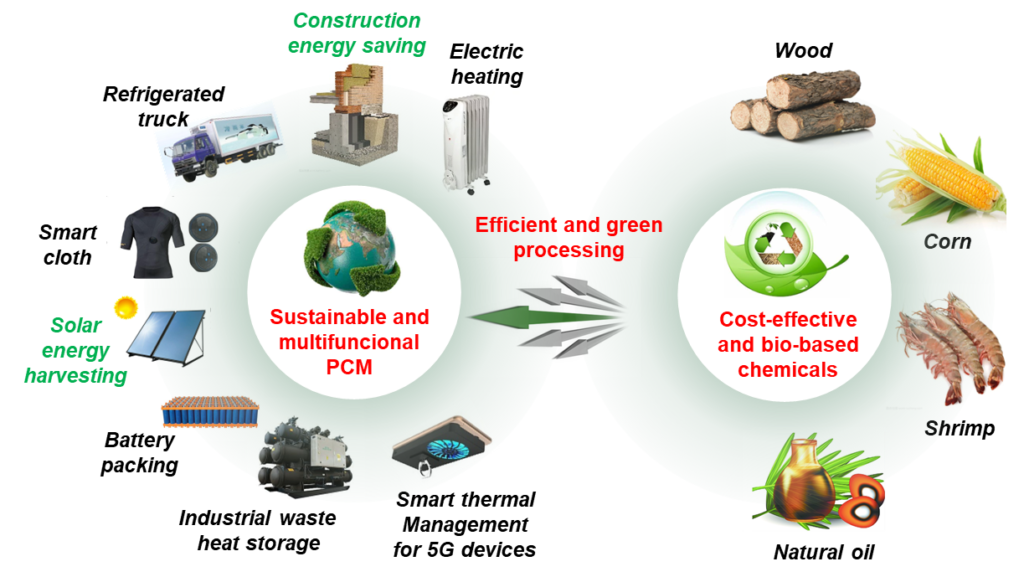- According to the United Nations, more than 400 million tonnes of plastic waste are produced worldwide every year, of which, between 9-14 million tonnes enter the world’s oceans.
- New bio-based and environmentally-friendly polymer materials being developed by IMDEA Materials are designed to replace existing petroleum-based plastics.
IMDEA Materials can play a crucial role in reducing plastic pollution on land and in our oceans through the development of new bio-based materials to replace existing petroleum-based plastics.
June 8 marks World Ocean Day and increased awareness of the millions of tonnes of plastic products and microplastics dumped into our oceans and waterways each year.
In order to affect positive change, IMDEA Materials’ High Performance Polymer Nanocomposites (HPPN) group, led by Prof. De-Yi Wang, is working on advanced functional polymers derived from biomass materials.
“Bio-based and biodegradable polymers are usually environmentally friendly,” explained Dr. Guang-Zhong Yin of the HPPN Group. “After their service life, they can be sustainably recycled or naturally degraded, thus providing better protection for our soil, land and oceans”.

“The development of bio-based polymer systems can also effectively solve the practical problem of the lack of traditional polymer source materials caused by the depletion of petrochemical resources. As such, we are aiming to create new bio-based, environmentally friendlypolymeric materials to replace existing petroleum-based plastics,” he added.
The development of sustainable polymers has been ongoing for decades. However, progress in the field has always faced challenges relating to three key areas: cost control, performance compared to existing plastic products and sustainability.
A key to IMDEA Materials´ recent work, however, has been its advances in eco-friendly phase change materials (PCMs). PCMs are materials that absorb and release heat when they change phase (i.e., from a solid to a liquid) and could eventually replace traditional, nonbiodegradable polymeric materials in a range of functions.
One of HPPN group´s recent studies, published in the international scientific journal Energy Storage Materials, reported a new multifunctional, bio-based PCM. The shape memory properties and flexible nature of the material make it extremely useful in high value-added areas such as electrical device packaging and heat management. The preparation method is also eco-friendly as it only uses water as a solvent.
In another study conducted by the IMDEA HPPN group and published in Composite Communications, biomass Glycerol and Itaconic acid were used to synthesize biodegradable Poly (Glycerol-Itaconic Acid) (PGI) by using melting polycondensation without any additional organic solvents. The PGI was further used as supporter to encapsulate Poly (Ethylene Glycol) (PEG). This process facilitates the realization of efficient mass production of the PCMs due to its eco-friendly nature, high efficiency, and low cost.
“To achieve the ideal research product, it must be cost-effective, demonstrate maximized functionality and be environmentally friendly,” Dr. Yin said.
“Fully-bio-based phase change material can achieve good soil degradation or hydrolysis after service life in the case of large-scale use such as in buildings,” he said. “This largely avoids the generation of plastic pollution and plastic micro-particles which reduces the flow of pollutants into the ocean.”
The group has also been working with bio-based phase change materials with the objective of improving solar energy storage and increase energy utilization efficiency.
